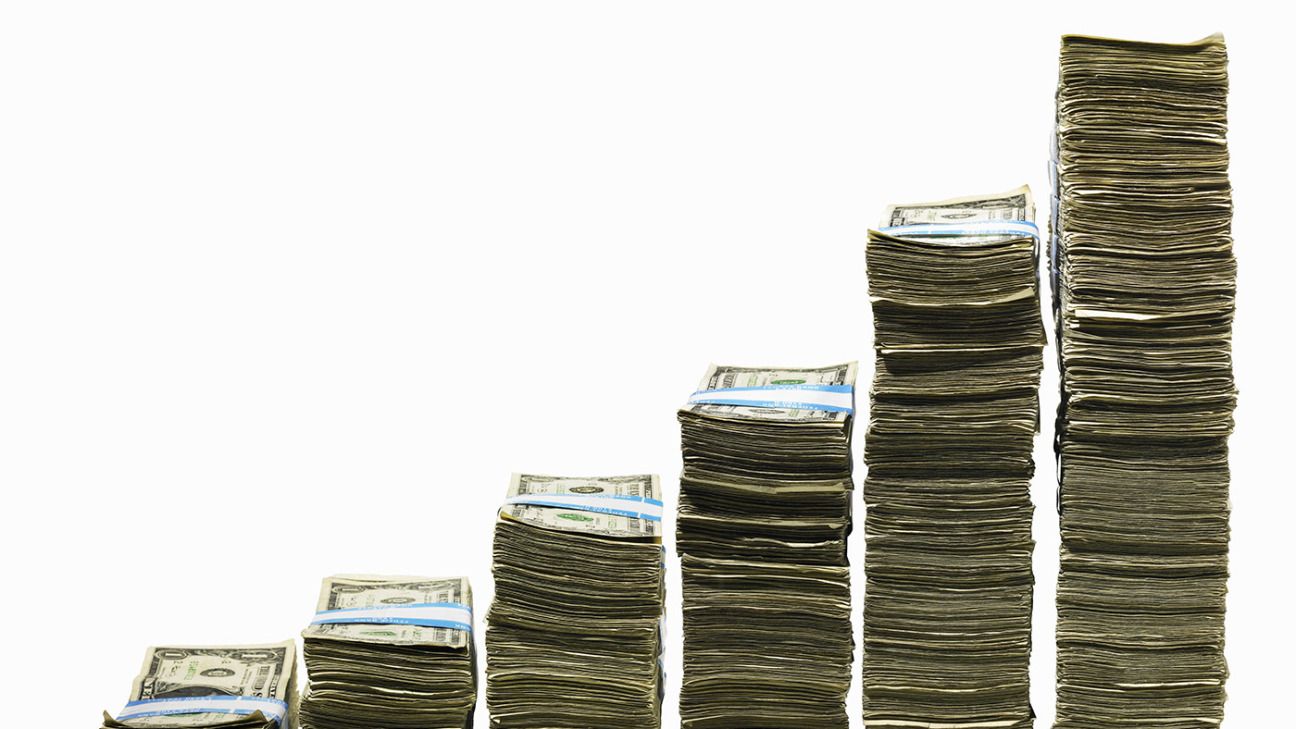NEW YORK — The Boston Red Sox are on track to pay a $13.05 million luxury tax for a season in which they are likely to miss the playoffs.
The World Series champions’ payroll for purposes of the tax increased from $239.7 million on Opening Day to $242.8 million on Aug. 31, according to calculations by the commissioner’s office obtained by The Associated Press.
Teams are allowed to get to $206 million before the luxury tax kicks in.
As of Opening Day, the Red Sox were projected for an $11.76 million tax.
Entering Saturday, Boston (77-70) was 8 1/2 games out for the second AL wild card with 15 games remaining.
The Red Sox fired president of baseball operations Dave Dombrowski last weekend.
Because the Red Sox are over the luxury tax threshold for the second straight year, they pay at a 30% rate on the first $20 million over $206 million and a 42% rate on the next $20 million.
The Red Sox finished with a $239.5 million luxury tax payroll last year, when the threshold was $197 million. And because they were more than $40 million over, their top draft pick this year was dropped 10 places to 43rd overall as a penalty.
The New York Yankees have the second-highest tax payroll at $233.9 million, up from $225.9 million on Opening Day, causing their projected tax to rise to $6.54 million from $3.98 million. Because the Yankees dropped under the tax threshold in 2018 for the first time since it began in 2003, they pay at a 20% rate on the first $20 million over and a 32% rate on the next $20 million.
The Chicago Cubs are third at $233.8 million, up from $229.9 million on Opening Day. Their projected tax jumped to $6.34 million from $5.26 million.
The Los Angeles Dodgers are under the threshold for the second straight season after going over five years in a row at a total tax of neatly $150 million.
Three teams are headed to tax bills, after just two last season (Boston and Washington). Houston is fourth this season at $202.7 million.
Final figures, including performance and award bonuses, will be calculated in December. Luxury tax payrolls are based on the average annual values of contracts for players on 40-man rosters and include $14.5 million per team in benefits.
